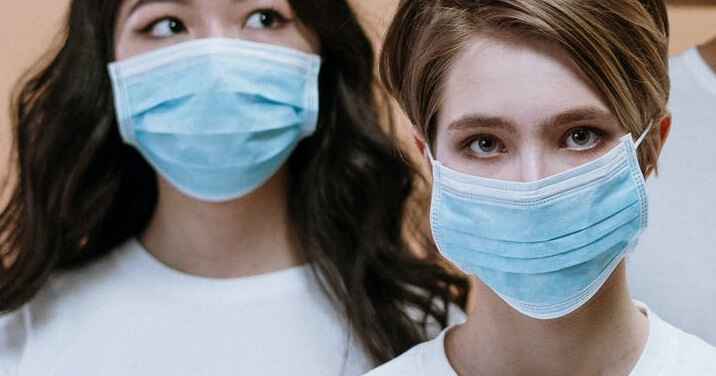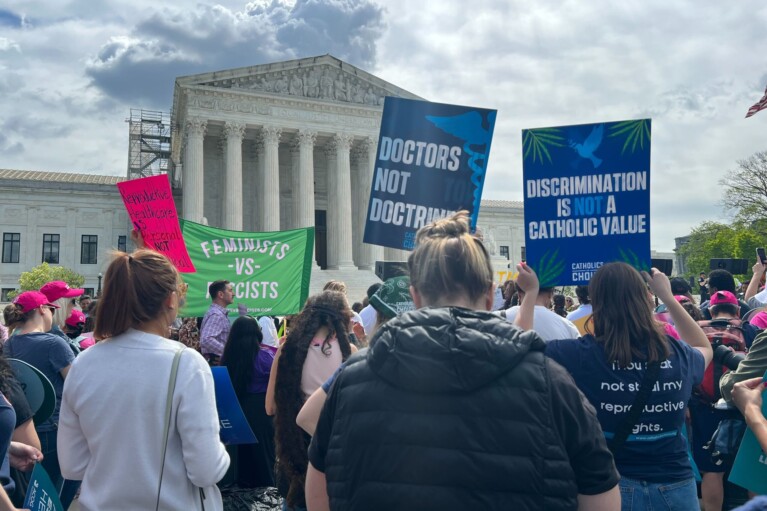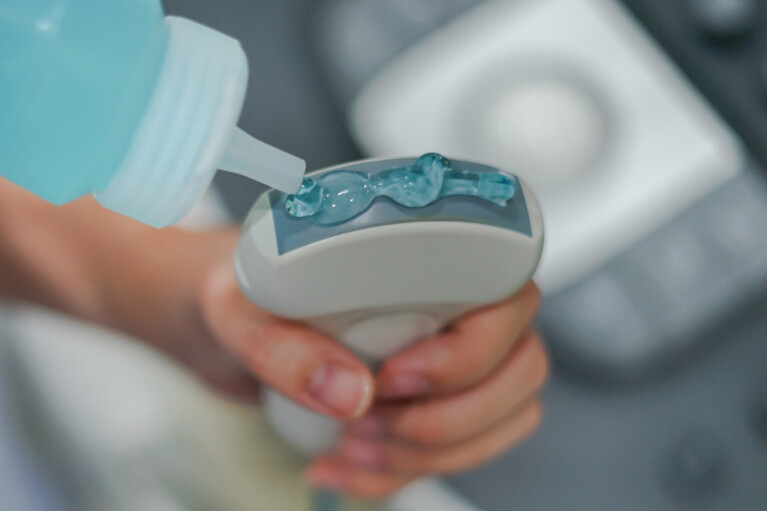
We are all wondering how the United States will heal after the pandemic. The future should have better jobs, an improved health care system, fewer homeless and socially disadvantaged people, and better treatment of mental illness. Our country is calling on medicine to rid us of the COVID-19 threat. Perhaps medicine can help heal our country as well.
We are conducting two wars in our country: the war against COVID-19 and the cold civil war that we have been waging for years. The cold war hampers the work of those fighting against COVID-19. A unity of purpose just after the pandemic was recognized gave some hope that we might, at least, suspend the cold civil war.
The Surgeon General called the fight against COVID 19 “our Pearl Harbor” and there are stories of great courage, dedication, and sacrifice. But after a brief cease-fire, many have reverted to partisan divides. Although personal freedom and the well-being of individuals and businesses should be common goals, there is no consensus on the means.
Vigorous disagreements over risk versus benefit have driven us into different camps. Wounds existed well in advance of the pandemic. However, from a health care delivery viewpoint, why has reconciliation failed and can we achieve it?
Too many have forgotten the limitations and uncertainties of medical science. Many medical ‘truths” have gone the way of the flat-earth theory. Successful treatments and vaccines are not guaranteed. We started with very little knowledge about so many aspects of fighting COVID-19. Medical knowledge usually is cultivated and pruned over years, with the research and development of any new medication or device witnessed by few.
But with the urgency of the pandemic, the academic wrangling has taken place in public. Somewhat unfairly, our political and health care leaders were asked for answers it was impossible for them to provide. Holes in our knowledge remain large. Misinformation breeds division and we have no trouble finding those who would fill a knowledge vacuum by promulgating inaccuracies.
So, how do we get out of this? Will medical science come to the rescue with a highly effective vaccine and/or anti-viral?
Correcting foundational health care delivery problems could go a long way toward building consensus and ensuring the best outcome. We must overcome inadequate health literacy, limitations of electronic health records and insufficient behavioral health treatment. Combating these problems should rekindle a shared purpose in all of us.
Health literacy is the ability to make informed health care decisions by acquiring and understanding health information. Patient engagement occurs when a patient takes responsibility for their health and takes an active role in all the health care they receive. Together they create better outcomes, increase hope and decrease anxiety.
Perhaps the most stressful experience for any patient is uncertainty. Improvement easily lies within our current social media and information technology tools and would include frequent and reliable updates, opportunities for interactive conversations with experts, decreased risk of missing necessary health maintenance, behavioral health outreach, and education in statistics and probabilities of health care. Of course, messages need to meet people at their educational level, but must be consistent while allowing for robust discussion of differing opinions.
Although our electronic health records (EHR) have come a long way over the past decade, those systems have not fulfilled their potential to help manage a pandemic. Too often, EHR systems do not allow patients, doctors and hospitals to freely exchange data. And they do not allow the vast data collected to be easily compiled, sorted and analyzed to perform virtual clinical trials.
Perhaps, if we could easily mine the voluminous amount of health care data currently collected, we would already have some highly reliable answers about COVID-19 causation and treatment.
Instead, we continue to rely on randomized controlled trials that take months and years to reach conclusions. Also, an easily accessible national immunization databank would help maximize the preparedness of our most vulnerable for any pandemic.
We have chronic unmet needs in behavioral health treatment, the management of homelessness and the problems that attend poverty. These problems become worse in most disasters and this pandemic is no exception.
There are no quick fixes for these problems. But we could make a good start if we build regional behavioral health centers across the country in economically depressed neighborhoods and locally recruit and train the necessary workforce. There patients could find counseling and treatment for a full range of problems under one roof.
Outpatient treatment has failed many patients who need greater support and who have trouble accessing behavioral health treatment. It would require an investment, but the return would be greater.
We must modernize and reform large parts of our health care system. We must not forget that we have more in common, especially now in the midst of the pandemic, than differences. Medicine can help us win one war and limit the damage of another.
We need more jobs and we have many health-related needs. Let’s put those needs together, let’s put us back together and let’s begin the healing.
— RENE DESMARAIS, M.D.
The writer is a member of MedChi, the Maryland State Medical Society.




 Creative Commons Attribution
Creative Commons Attribution